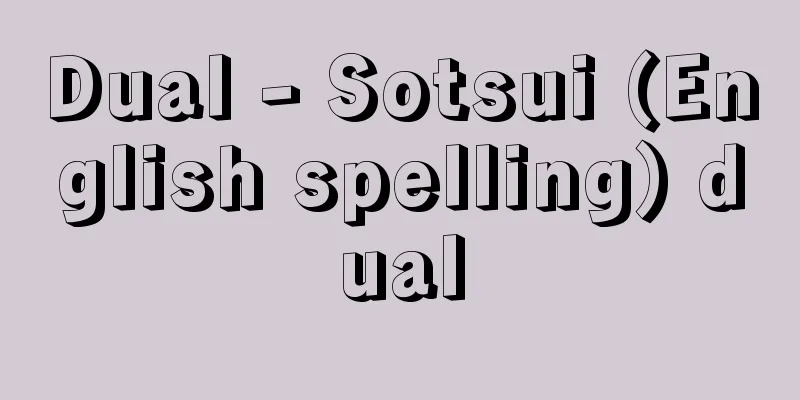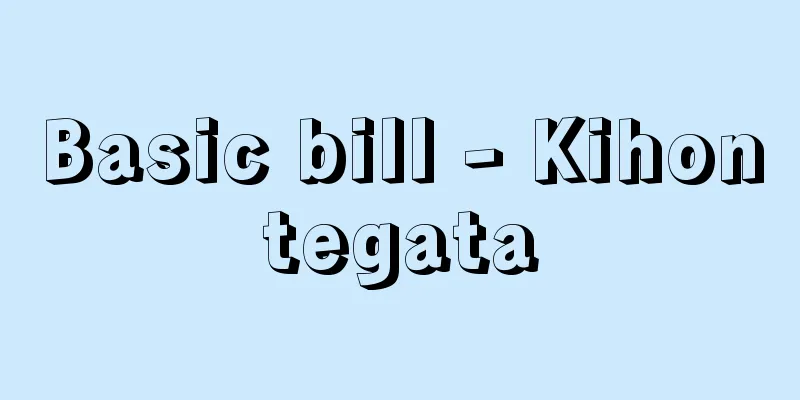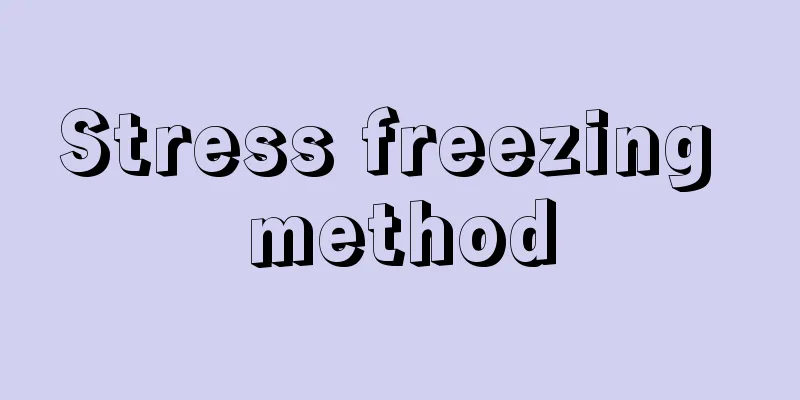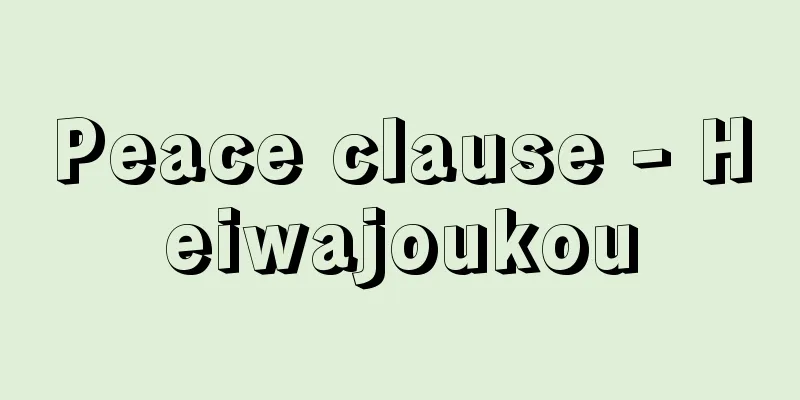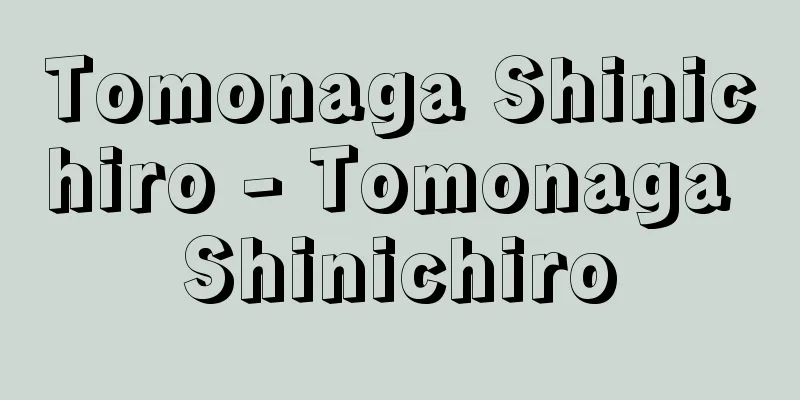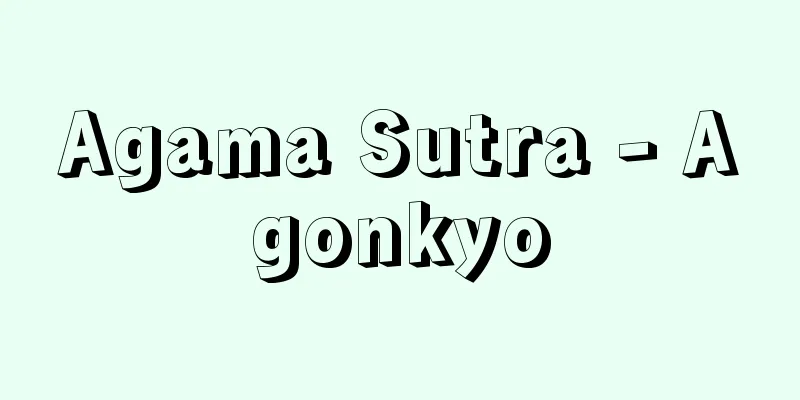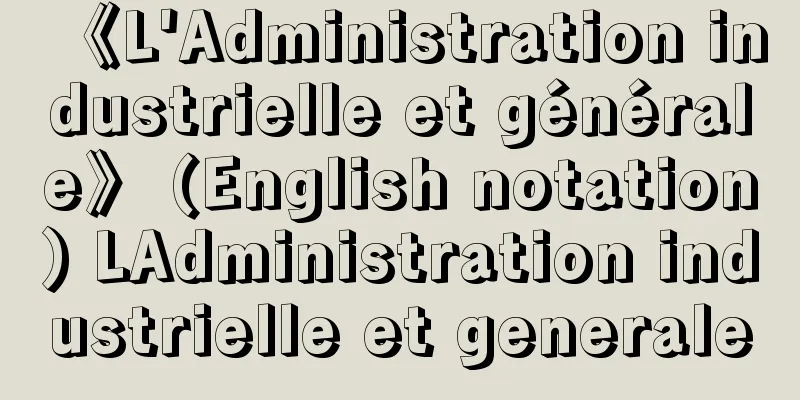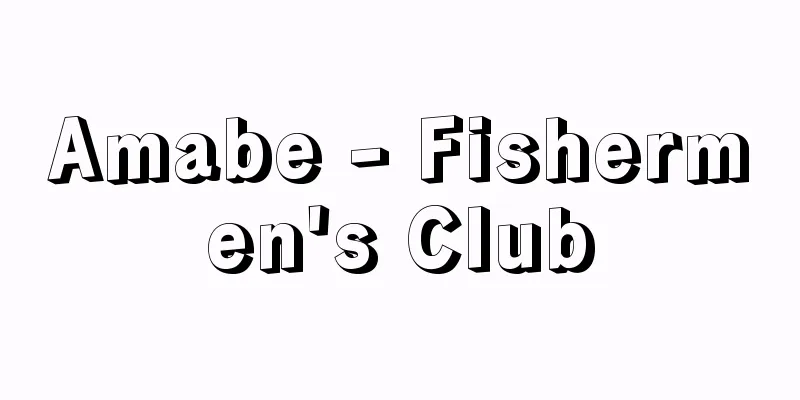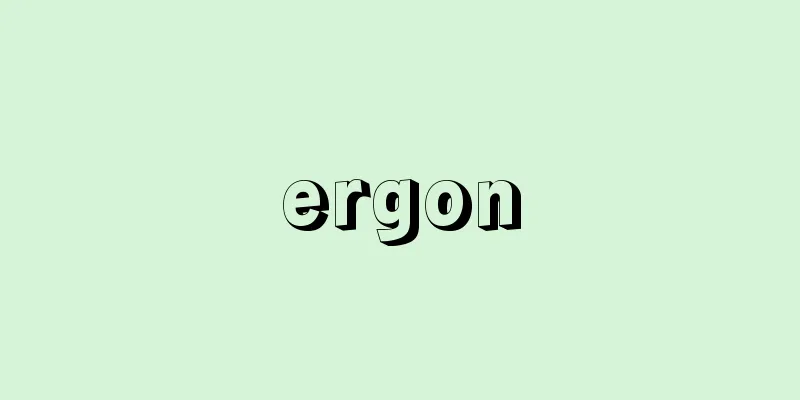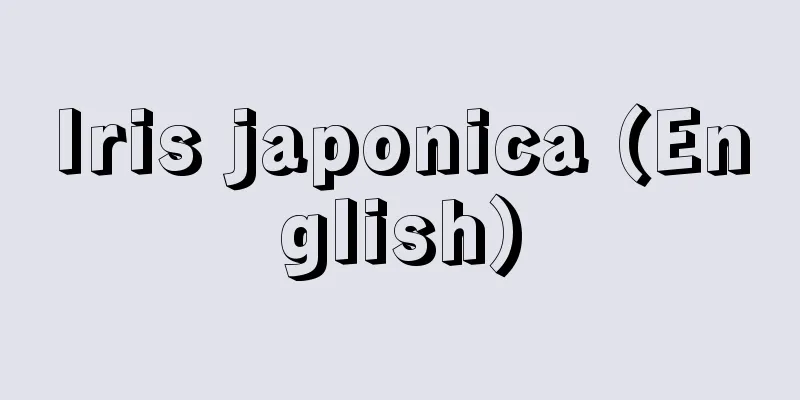Unfair Competition Prevention Act
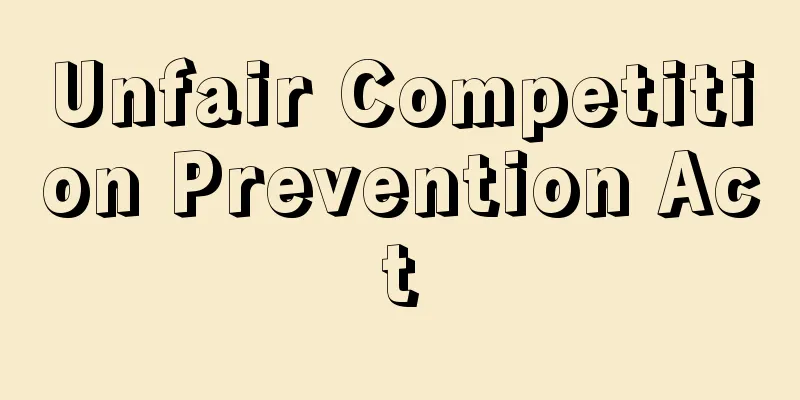
|
This law regulates (prohibits) the act of counterfeiting products and illegally acquiring trade secrets such as customer lists and blueprints in order to promote fair competition among businesses. It was enacted in 1993, Law No. 47. It is sometimes abbreviated as the Unfair Competition Prevention Law. While movies, music, novels, etc. are protected by copyright law, inventions and technologies are protected by patent law, and brands are protected by trademark law, this law aims to protect business intellectual property rights, know-how, trade secrets, etc. that cannot be fully protected by these laws. It has been revised many times in response to the rampant cross-border corporate espionage caused by globalization and the rapid advancement of digital technology. Unfair competition acts include (1) using the indications of other products (names, trade names, trademarks, packaging, containers, etc.) to confuse others with the products or business of others, (2) imitating other products, (3) acquiring, using, or disclosing trade secrets of other businesses, (4) providing devices that interfere with the effectiveness of business programs, etc., (5) using other businesses' domains to obtain illegal profits or cause damage to other businesses, (6) misleading others as to the country of origin, (7) announcing or disseminating false facts that harm the reputation of competitors, and (8) transferring or exporting products that use trademarks that are identical or similar to foreign trademarks. Attempted acts are also subject to criminal penalties, and illegally obtained profits (criminal proceeds) are confiscated. Prosecution is possible even without a complaint from the victimized business (non-complaint crime). In the case of a violation, individuals are subject to imprisonment of up to 10 years or a fine of up to 20 million yen (up to 30 million yen for foreign companies), and corporations are subject to a fine of up to 500 million yen (up to 1 billion yen for foreign companies). The origin of the Unfair Competition Prevention Law dates back to the old Unfair Competition Prevention Law, which was enacted in 1934 (Showa 9) due to the need to join the Hague Convention (1925) of the Paris Convention for the Protection of Industrial Property (1883). In 1992, the World Intellectual Property Organization (WIPO) requested that member countries make their Unfair Competition Prevention Laws internationally consistent, and the law was completely revised in 1993 (Heisei 5) to regulate similar markings and imitation acts. In 1998, a prohibition on bribery of foreign public officials was added, and in 2003, provisions for the protection of trade secrets were stipulated. In 2005, the sale and import of counterfeit and pirated products were also made more severe. In 2015, the law was revised to focus on preventing the leakage of information overseas and strengthening penalties, and as of 2017, legal amendments to protect big data held by businesses are also being considered. [Takeshi Yano April 18, 2018] [Reference] | |Source: Shogakukan Encyclopedia Nipponica About Encyclopedia Nipponica Information | Legend |
|
事業者の公正な競争を促すため、製品を模倣したり、顧客名簿や設計図などの営業秘密を不正に取得したりする行為を規制(禁止)する法律。平成5年法律第47号。不競法と略すこともある。映画、音楽、小説などは著作権法、発明技術は特許法、ブランドは商標法で保護されているが、これらの法律で保護しきれていないビジネス上の知的財産権・ノウハウ・営業秘密などを保護する目的がある。グローバル化による国境を越えた企業スパイの横行や、急速なデジタル技術の進展にあわせ、たびたび改正されている。不正競争行為には、(1)他の商品等の表示(氏名、商号、商標、包装、容器等)を使って他人の商品・営業と混同させる、(2)他の商品等を模倣する、(3)他の事業者の営業秘密を取得・使用・開示する、(4)営業上のプログラム等の効果を妨げる装置を提供する、(5)不正利益の取得や他の事業者に損害を与えるため他の事業者のドメインを使う、(6)原産地などを誤認させる、(7)競争者の信用を害する虚偽事実を告知・流布する、(8)外国の商標と同一・類似の商標を使用した商品等を譲渡・輸出する、などが該当する。未遂も刑事罰の対象で、不正に取得した利益(犯罪収益)は没収される。被害を受けた事業者の告訴がなくても起訴できる(非親告罪)。違反した場合、個人には10年以下の懲役または2000万円以下(外国企業の場合は3000万円以下)の罰金を科し、法人の場合、5億円以下(外国企業の場合は10億円以下)の罰金を科す。 不正競争防止法の起源は工業所有権の保護に関するパリ条約(1883)のヘーグ改正条約(1925)に加入する必要から、1934年(昭和9)に制定された旧不正競争防止法にさかのぼる。世界知的所有権機構(WIPO)が1992年、不正競争防止法の国際的な整合性を加盟各国に求めたことから、1993年(平成5)に全面改正され、類似表示や模倣行為が規制された。1998年には外国公務員への贈賄禁止が盛り込まれ、2003年(平成15)に営業秘密の保護規定が明記された。2005年には、模倣品・海賊版商品の販売、輸入等にも厳罰化が図られた。2015年には海外への流出防止と罰則強化に重点を置いた改正がなされ、2017年時点では事業者が保有するビッグデータ保護のための法改正も検討されている。 [矢野 武 2018年4月18日] [参照項目] | |出典 小学館 日本大百科全書(ニッポニカ)日本大百科全書(ニッポニカ)について 情報 | 凡例 |
<<: Inconsistency - Inconsistency
Recommend
Port Sudan
The only port city in the Democratic Republic of S...
jus vitae necisque (English spelling) jusvitaenecisque
…In ancient Rome, clans lost their importance in ...
Anthraquinone sulfonic acid - Anthraquinone sulfonic acid
…The latter method is better for laboratory synth...
Cutting shipment - Cutting offal
...The harbor lacked breakwaters and mooring faci...
Narayani
The Ganga is a river that flows through the Himal...
Atriplex tatarica (synonym: beach thrush) - Atriplex tatarica; orach
An annual plant of the Chenopodiaceae family. It i...
Mercouri, M.
…The first Greek filmmaker to gain international ...
Japan-China Joint Military Agreement for Defense of the Enemy
A military agreement in which the Japanese and Ch...
Kuroiso [city] - Kuroiso
An old city in northern Tochigi Prefecture. It was...
Gothenburg
A port city on the Kattegat Strait in southwestern...
Filipendula kamtschatica (English spelling) Filipendulakamtschatica
…[Yamanaka Futoshi]. … *Some of the terminology t...
Talich, V. (English spelling) TalichV
…At first, the members of the orchestra were also...
Aobashi - Aobashi
...These pampas grasses represent the abode and p...
Familial polyposis
…Early surgical removal is necessary. In recent y...
The sparrow's awakening - Suzume no Hosshin
A fairy tale. Also known as "The Sparrow Stor...
